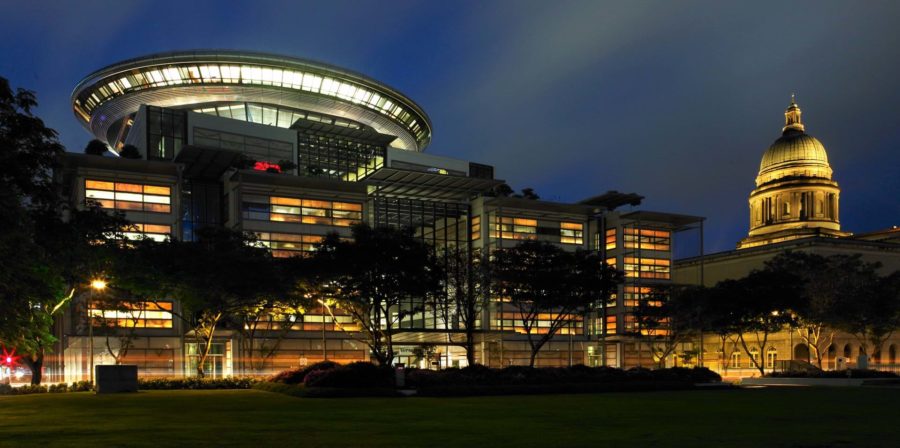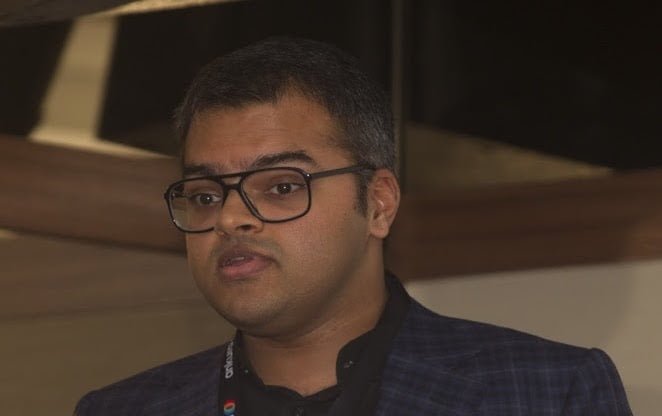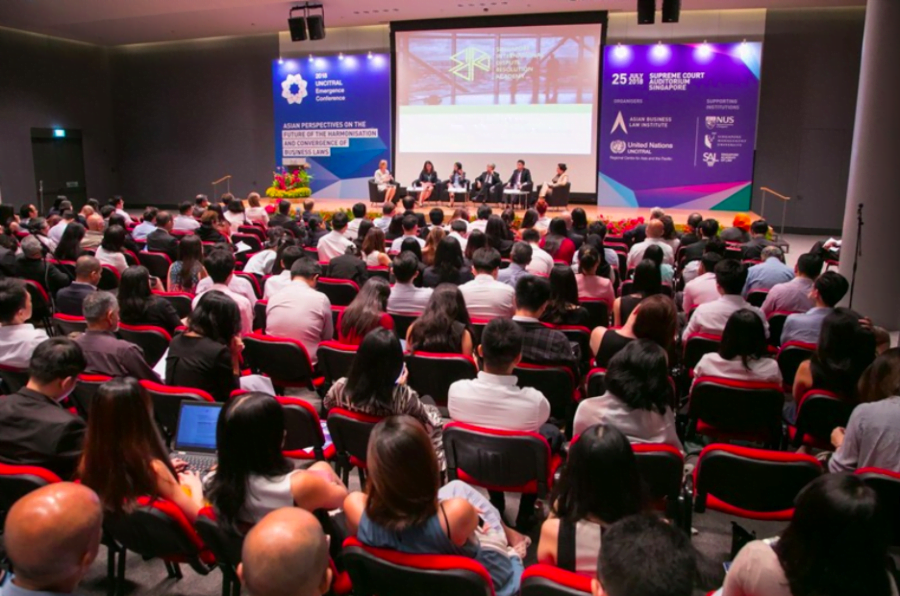Reading time: < 1 minuteWritten by Amelia Chew, Jennifer Lim Wei Zhen, Josh Lee Kok Thong, and Tristan Koh
The LawTech.Asia is proud to publish the first-ever detailed outline of the legal technology sector in Singapore (as far as we are aware)!
This article is the result of a months-long project to map out the root, state and outlook of the legal technology sector in Singapore, and furthers LawTech.Asia’s fundamental purpose of improving awareness, knowledge and interest in legal technology. It is hoped that this article will be a helpful piece for legal professionals, legal technologists and law students to have a bird’s eye-view of legal technology in Singapore, and to assist in the building of a thriving legal tech community in Singapore.
While intended to be extensive, the article does not purport to be exhaustive or authoritative, or to express the position of any particular organisation or initiative. This article will be a “living document” that will continue to be updated as more news comes to the fore.
To access the article, click here!
At the outset, the authors wish to express thanks for the innumerable sources of information available online, without which this project would not have been possible. Any mistakes herein remain the authors’ own.






